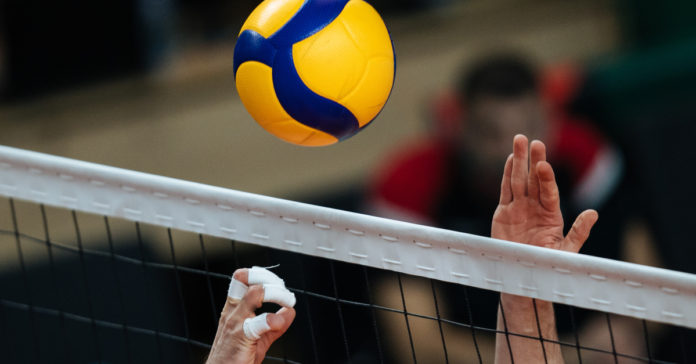A Tennessee high school athlete has been disqualified from a volleyball match for wearing a hijab.
Najah Aqeel, who studies at at Valor Collegiate Prep in Nashville, was warming up for a match on September 15 when her coach said a referee had refused to let her play due to her headscarf.
The referee cited a rule requiring athletes who wear a hijab to be granted authorisation from the Tennessee Secondary School Athletic Association (TSSAA).
Najah, 14, said she did not have authorisation, but that it wasn’t an issue for previous matches. Faced with the choice to remove her hijab or sit out the match, Najah decided not to play.
“I was angry, sad and also shocked just because I had never heard of the rule before that,” Najah told CNN. “The rule has no business being in the casebook. It singles out hijabis. I don’t see why I need approval to wear my hijab when it is a part of my religion.”
Karissa Niehoff, executive director for The National Federation of State High School Associations (NFSH), which sets competition rules for most U.S. high school sports, told CNN that the uniform guidelines are not hard rules, and that states can make exceptions.
“We are heartbroken and deeply sorry that the young lady was disqualified from the match for wearing the hijab,” Niehoff said. “More common sense should have been demonstrated by the adults. The correct approach the referee should have taken is to have allowed the young lady to play and point out after the game that next time she needs to submit a letter.”
Subscribe to our newsletter and stay updated on the latest news and updates from around the Muslim world!
Niehoff said NFSH is preparing to introduce new language to its casebook pertaining to religious headwear so that it will no longer be an issue in the future, unless it poses a danger to the player or other athletes.
Cameron Hill, athletic director at Valor Collegiate Academies, told CNN the school was unaware of the rule that prevented Najah from playing, and characterised it as “antiquated and oppressive.”
“We want our state to make it understood that there is no need for Muslim women to get permission to wear their religious headwear,” Hill said. “This rule is discriminatory and inequitable. We stand in solidarity with all of our scholars and families and their freedoms to express their religion freely and openly.”


















